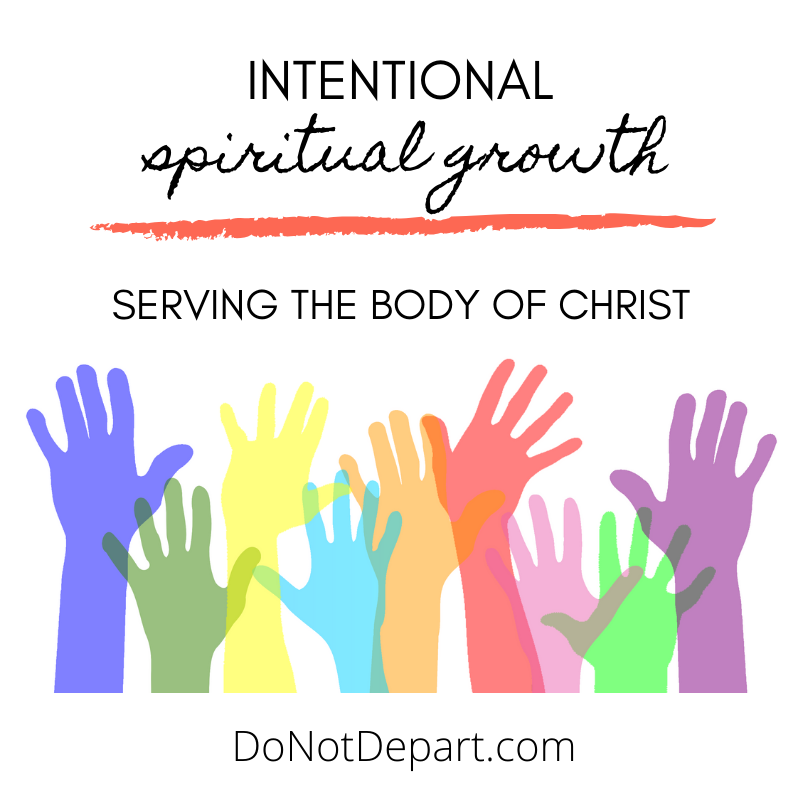I am loving this current series on benedictions. Like waves on the beach, these benedictions overtake me— I am awash in God’s blessings from His Word. One of my all-time favorite benedictions in scripture is found in Ephesians 3:14-21, and today we’ll be considering verses 17-19.
This benediction, bridges the apostle Paul’s teaching on the doctrine of salvation and unity in Christ and his application of that doctrine. Here he prays for Believers to be filled up with the love of Christ in order to spill out manifestations of God’s love to others.
Dwell
. . .that Christ may dwell in your hearts through faith. . . . (Ephesians 3:17a)
Since Adam and Eve’s expulsion from Eden, God has been making a way to dwell among us and with us. Even more, through Jesus, God makes a way to live in us. The verb to dwell means “to settle, inhabit, be always present” (BlueLetterBible.org). Christ’s indwelling comes at His initiative and invitation. He isn’t asking to rent out space in our hearts; He is staking His claim and settling down. Faith enables us to yield to Him so He can make our heart His home.
Comprehend and Know
. . . that you, being rooted and grounded in love, may have strength to comprehend with all the saints what is the breadth and length and height and depth, and to know the love of Christ that surpasses knowledge. . . . (Ephesians 3:17b-19a)
The apostle Paul wants us to know that everything of God is established in love— His great love for us and the love we share with one another. It is a multidimensional love; it reaches up and out. The use of the word comprehend here means to “to lay hold of so as to make one’s own” (BlueLetterBible.org). Paul desires that we understand God’s love in such a way that it transforms us into the image of Christ.
Futhermore, having lay hold of God’s love with our minds, Paul challenges us to experience and share it. How can we know this great love? Isn’t it beyond our understanding? The use of the word know in verse 19 means “to learn to know, to feel” (BlueLetterBible.org). This definition conveys to me a progressive understanding that comes with time, experience, and application. God’s love is meant to be explored and known. Let the words from The Message Bible wash over you:
And I ask him that with both feet planted firmly on love, you’ll be able to take in with all followers of Jesus the extravagant dimensions of Christ’s love. Reach out and experience the breadth! Test its length! Plumb the depths! Rise to the heights! (Ephesians 3:17b-19a, MSG)
Be Filled
. . .that you may be filled with all the fullness of God. (Ephesians 3:19b)
So far, these words of blessing remind us that Christ is in us, and that we have full access to the dimensions of God’s love. We are thoroughly equipped to do God’s will. God gives us access to a storehouse of spiritual blessings through Christ. Following Christ in faith and exploring His great love, we are filled to the brim, even spilling over. God wants the overflow of everything He pours into us to spill out onto others. Essentially, we are filled up to spill out. Who will you “spill out” on today?

















